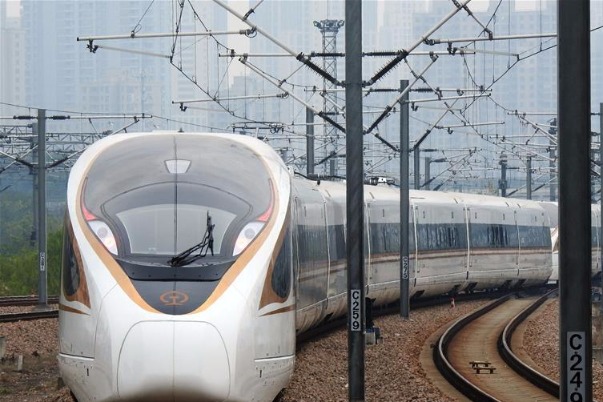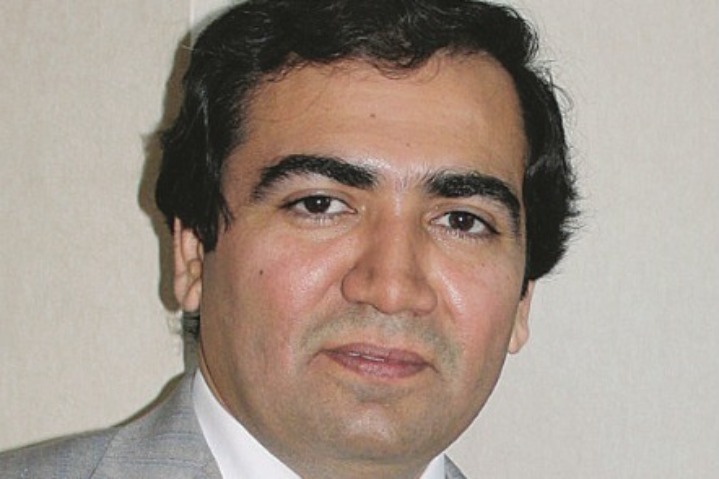Economist eyes China's transformation
Successful reforms
As one of the few US economists who have studied the Chinese economy since the 1960s, Lardy described China's reform since 1978 as "wildly successful". The economy is 25 times bigger today than it was in 1978 in real terms.
"I am not talking about PPP (purchasing power parity) or anything like that," he said. "So the growth has been unprecedented."
Lardy expressed his disappointment that reforms in the past decade had slowed down quite a bit and there was a restoration of state in the economy.
However, his upcoming book argues to the contrary of what many believe to be an expansion of the state sector and shrinkage of the private sector in the Chinese economy.
"I think there is a very amazing amount of bad analysis of China," said Lardy, picking up a pink clipping of a recent Financial Times article, which argues the Chinese state is still dominating everything.
According to Lardy's book, share of output by state-owned companies has dropped from 80 percent in 1978 to roughly 25 percent. And that includes the utilities, which are either highly regulated or state-owned in most countries. In China's manufacturing sector, the state-owned firms account for only 20 percent.
Lardy described state capitalism, a popular term for China in the Western news media, as a misnomer. "I don't think that evidence really supports that," he said.
In Lardy's views, China did try state capitalism, but it failed, and the areas where China had succeeded are where market forces were the strongest.
The economist believes even senior US officials, such as Treasury Secretary Jack Lew and US Trade Representative Michael Froman may not get a whole picture of the reality because the information they receive is often biased.
Lardy has talked to both Lew and Froman, but he admitted that they don't buy what he said. "Because all they talked to are firms having difficulties in China. And those difficulties are concentrated in services, where the state still has complete control," Lardy said.
"So they are the ones who go to USTR (US Trade Representative) and said we need this liberalization, but in manufacturing, they don't get any complaints. Manufacturing is pretty wide open," he said.


















